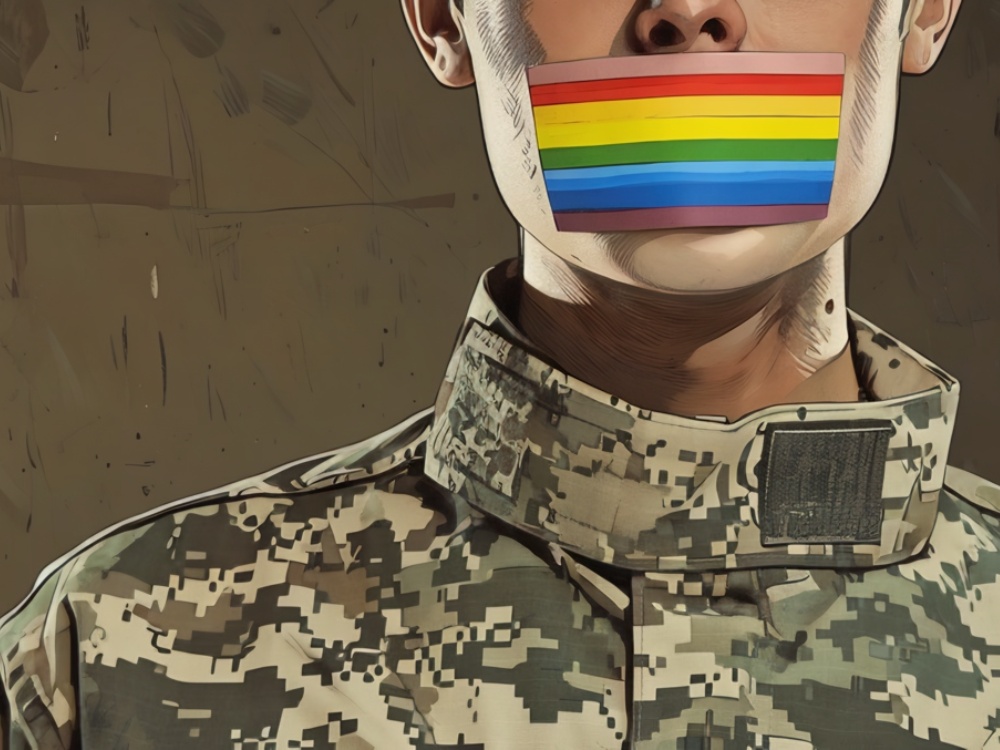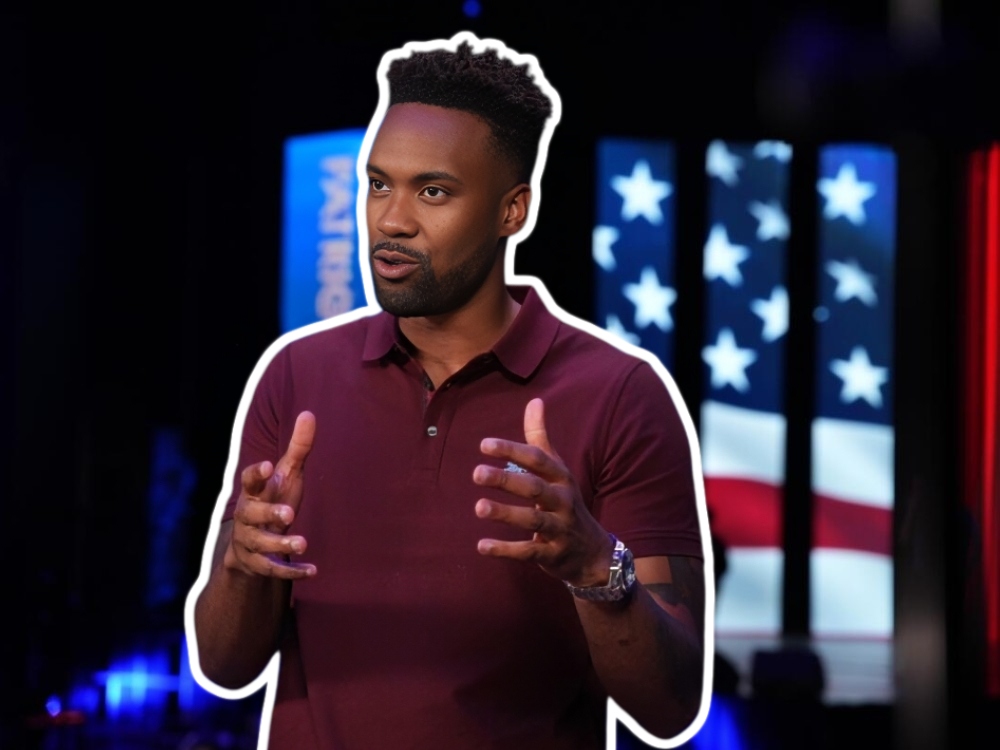The UK’s first out non-binary barrister, Oscar Davies, says the recent Supreme Court ruling on single-sex spaces is being widely misinterpreted — with potentially harmful consequences for trans and non-binary people.
Speaking to PinkNews, the Garden Court Chambers barrister and legal influencer addressed confusion surrounding the court’s ruling in FWS v Scottish Ministers. That judgment, delivered in April, held that the definition of “sex” in the 2010 Equality Act refers to “biological sex”, with “woman” meaning a “biological woman.”
However, Davies argues that the ruling does not automatically exclude trans people from single-sex spaces — despite how it’s being applied by government bodies such as the Equality and Human Rights Commission (EHRC).
Misreading the Ruling
In his opinion, Lord Justice Patrick Hodge cautioned against viewing the judgment as a “triumph of one or more groups in our society at the expense of another.” He emphasised that trans people remain protected under the Equality Act.
Nonetheless, the EHRC has since recommended changes to the UK government’s code of practice on single-sex services, potentially allowing providers to exclude trans individuals from facilities aligned with their gender identity.
Davies believes the ruling is being twisted to justify discrimination.
“A general rule [of equality law] is that you must not discriminate against someone,” Davies explains. “Say if we’re talking about service provision in gyms, under Section 29 of the Equality Act, you must not discriminate — full stop.”
Davies notes that Schedule 3 of the Act allows for exceptions, such as single-sex spaces, but that these are permissive, not exclusionary.
“The Supreme Court has said, ‘OK, well, a single-sex space means a space for biological sex,’ but the point here is that these provisions are permissive rather than exclusionary. This is where everyone keeps getting it wrong.”
The Equality Act: “A Shield, Not a Sword”
Davies insists that the law was designed to protect, not penalise.
“If you have a single-sex space, my interpretation is that a trans person can still go into that space. If someone complains, the organisation could consider exclusion, or that person could make a sex discrimination claim — but exclusion doesn’t happen automatically.”
“The Equality Act is meant to be a shield rather than a sword. It’s not meant to attack people and get rid of their rights.”
They stress that any exclusion from a space must be proportionate, weighing the rights of all parties — including the trans person.
Controversy Around EHRC Code of Practice
The EHRC’s proposed updates to the code of practice have drawn sharp criticism from LGBTQ+ and human rights organisations, particularly due to its rushed six-week consultation period and potential to drastically alter the legal landscape without proper debate.
A finalised version of the code has now been passed to Equalities Minister Bridget Phillipson, who is expected to sign off on the changes without a parliamentary debate, making them legally binding.
Davies says this lack of transparency is concerning.
“EHRC codes usually go through without debate because they haven’t been contentious. But this is highly political and will affect the rights of so many people. There should always be a democratic debate and public accountability.”
They also highlight that EHRC Chair Baroness Kishwer Falkner — who has been criticised for her stance on trans rights — is nearing the end of her term.
“She’s just going to leave and has made this law, and there’s no accountability. It’s not really fair to anyone.”
Davies argues the EHRC is no longer aligning with its own mission.
“The mission statement says, ‘Our role is to make the country a fairer place by enforcing and upholding the laws that safeguard everyone’s right to fairness, dignity and respect.’ But they seem to be doing quite the opposite for trans, non-binary and intersex people.”
Non-Binary and Intersex People Left in Limbo
The ruling also failed to acknowledge non-binary or intersex identities — an omission Davies says is both harmful and confusing.
“It’s demeaning as a lawyer to not be recognised by the law that I use in my everyday life. It says biological sex means this or that, then says sex and gender are generally interchanged — but with no further explanation.”
“It doesn’t even mention intersex people — which is strange, given they were acknowledged in the 2002 Goodwin v UK judgment that urged the UK to legally recognise trans people.”
This ambiguity, Davies says, leaves legal protections for non-binary and intersex people in question.
“If I’m discriminated against because I’m non-binary — would I be able to sue? Potentially not. It’s not super clear.”
The Importance of Speaking Up
As the EHRC code moves closer to becoming law, Davies encourages public action — especially from allies.
“If everyone spoke up more, then the people who put their heads above the parapet wouldn’t have so much responsibility. It’d be much easier if more people were willing to raise their voices — and I’m not just talking about trans people; I’m talking about allies.”
They conclude with a pointed reminder of what’s at stake.
“I believe that trans people deserve to be treated with dignity and respect. Is that really such a controversial opinion? The idea that trans people are trying to access women’s spaces to endanger women is ludicrous.”
































